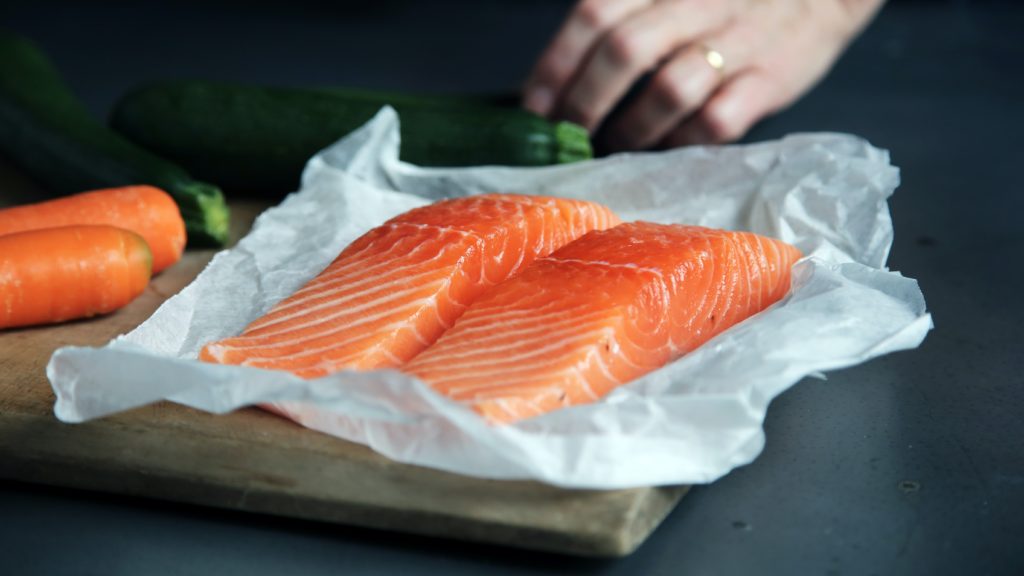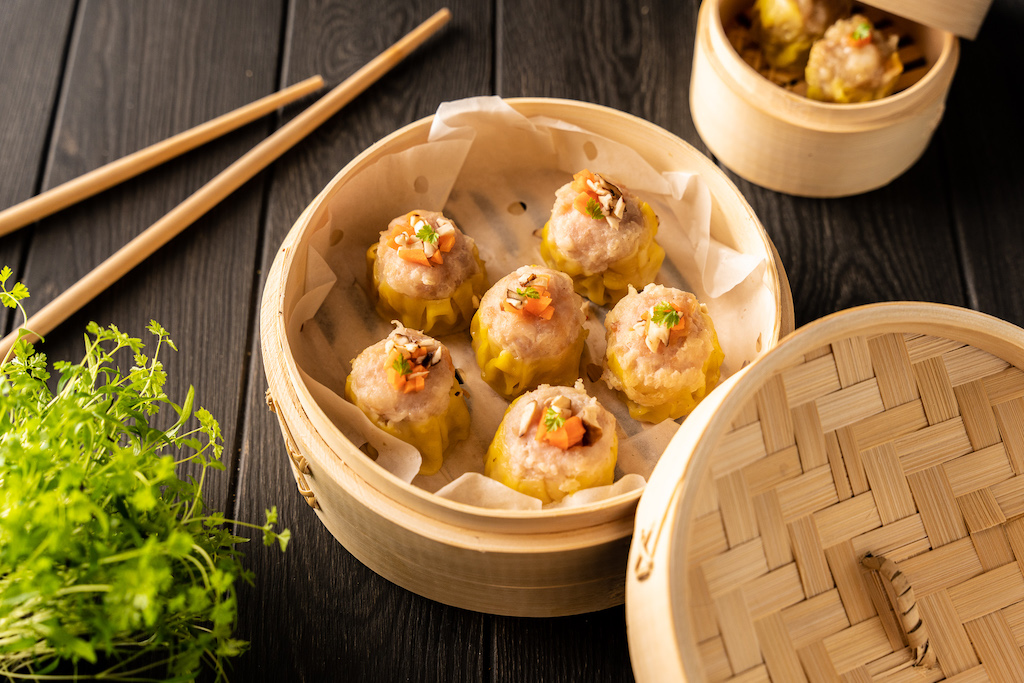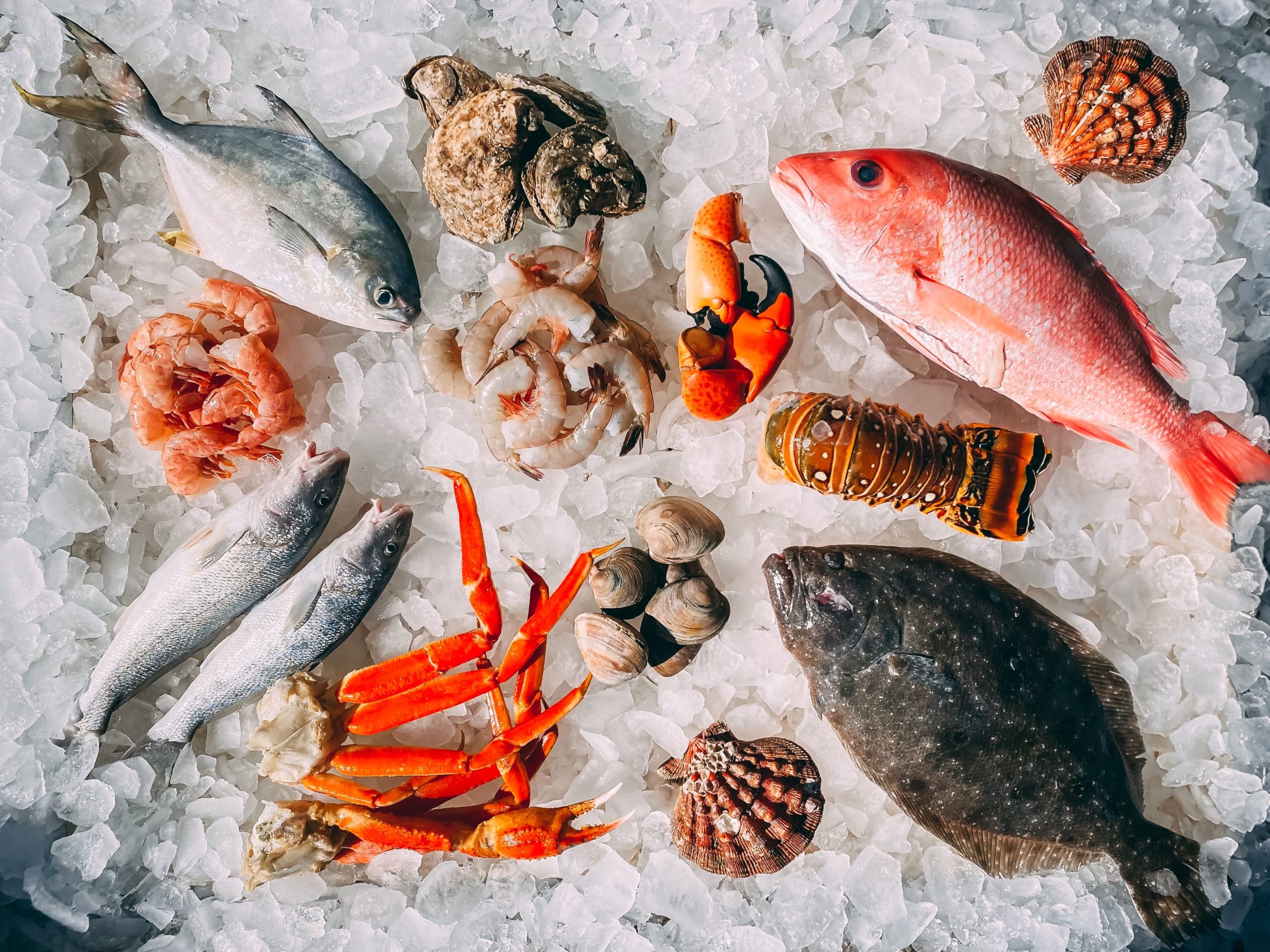CULT Food Science Partners With Umami Meats To Drive Down Cultivated Seafood Industry Costs
3 Mins Read
Canadian investment platform CULT Food Science Corp. has announced a strategic partnership with Singapore’s Umami Meats as part of a seed round. Umami Meat is the latest cultivated brand to be added to its portfolio of sustainable food solutions providers.
CULT cites cultivated meat and seafood as an ethical solution to factory farming and aquaculture crises the world over and the platform is on the lookout for investment opportunities that offer the potential to speed up the progress of the cultivated industry. As an XPRIZE semi-finalist, Umami Meats is a natural fit, being focussed on bringing production costs down significantly and on creating exotic product lines.

Reducing prohibitive costs
Umami has honed in on two specific business areas. While looking to manufacture more novel seafood lines, it is attempting to make a low-cost growth serum. Prohibitively expensive serums are considered to be a crucial bottleneck for the cultivated meat sector, slowing down commercial rollout and consumer adoption of new food technology. Serums currently account for approximately 80 percent of total production costs. CULT’s investment into Umami will allow research to ramp up.
“We are excited to have CULT Food Science backing our vision for a sustainable seafood future, enabled by our cultivated fish production technology,” said CEO of Umami Mihir Pershad in a company statement. “With their strong industry knowledge and network of advisors, we believe this investment will help accelerate our development timeline and path to scale.” Initial lines to be manufactured include Japanese eel, red snapper and yellowfin tuna. In the future, halibut, grouper and mahi-mahi are earmarked for development.
CULT CFO Francis Rowe said in a statement: “We are pleased to invest in Umami Meats as we believe cultivated seafood represents a largely misunderstood opportunity. We believe that their novel technology and intellectual property will be enormously valuable as cell-based seafood grows and we look forward to helping accelerate their scientific development.”
With CULT’s support, Umami aims to become a trusted technology platform. Bringing cultivated seafood to market quickly and efficiently is its guiding motivation.

An industry-wide mission
Umami is not alone in wanting to drive the cost of cultivated seafood production down. Fellow Singaporean startup Shiok Meats is hoping to scale production for cost-effective seafood cultivation. Earlier this year the company opened a mini-plant to step up its R& D capabilities. It has debuted cultivated shrimp, lobster, and crab and aims to be sold commercially by 2023. Shiok conducted consumer research which showed that more than 78 percent of Singapore residents are open to trying cultivated seafood. The number jumps to 95 percent in Hong Kong.
San Francisco’s Wildtype is marketing its “clean seafood”. The company has just revealed distribution deals throughout the U.S. following successful tastings and the opening of a brand new pilot production facility. Currently able to make 50,000 pounds of cultivated salmon per year, full capacity will rise to 200,000 pounds.
Regulatory approval has not yet been granted for any cultivated seafood items, anywhere in the world. In the meat arena, Singapore is leading the way with various chicken products now confirmed as safe. Eat Just remains the only company in the world to have approval to manufacture and sell a handful of cultivated chicken products.
Lead image courtesy of Unsplash.





